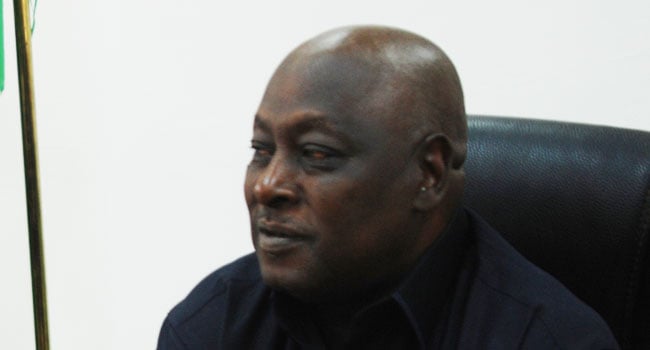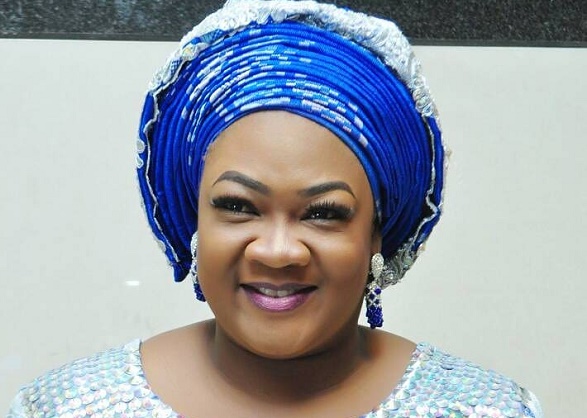Solar Panels
Mathias Schmale, the United Nations (UN) resident and humanitarian coordinator, says Nigeria currently lags behind on achieving the Sustainable Development Goals (SDGs) by 2030.
Speaking on Wednesday at the Africa Social Impact summit (ASIS) in Abuja, Schmale said Nigeria, like many African countries, have gaps in development that can only be filled by active collaboration across all levels of government and other critical stakeholders.
The summit, themed ‘Rethink, Rebuild, Recover: Accelerating Growth for the SDGs’, was hosted by the Sterling One Foundation with a view to putting Nigeria on track to achieve the SDGs target by 2030.
Schmale described the event as “a timely gathering of social enterprises, thought leaders, impact investors and development practitioners who share a common goal of realising the development expectations across the continent”.
Advertisement
“As Africa’s largest country by both population and size of economy, Nigeria obviously is critically important to the success of the 2030 agenda, both in its own rights and globally. As it stands, Nigeria is unfortunately not on track to reach any of the SDGs by 2030. The same is true across many other African countries,” he said.
Speaking further, he said the summit’s theme is effective following the difficult recent years for Nigeria and Africa due to the COVID-19 pandemic and the war in Ukraine.
He also said the challenge to create an enabling environment for youths to reach their potential should be viewed as a blessing to the continent.
Advertisement
“Africa is predicted to have a staggering 830 million young people by 2050. From our point of view, this should be viewed as a blessing rather than a curse for the continent – one that can power its economies and societies to greater heights,” he said.
“However, reaping the benefits of what is often referred to as the youth dividend is not guaranteed; the potential of young people must be cultivated and supported in an enabling environment.”
According to him, accelerating the SDGs require effective collaboration backed by support from government agencies and key players across the continent.
“It is evident that addressing this continent’s key development challenges requires effective collaboration to accelerate Africa’s sustainable goals for the benefit of all,” he added.
Advertisement
“This can only be achieved with the full backing and support of critical key players involved in the common goal of setting the continent on track to achieving its targets. Accelerated and transformational efforts are required if we are to see changes in this country.”
Joseph Nnana, chief economist at the Development Bank of Nigeria, said competition is affecting quality impact investments across the country.
“Everybody wants to be in a competition with the other person. We do this so much that we forget the reason for our investments. Value should be the main purpose driving organisations to drive impact not competition to outdo the other person,” he said.
Also speaking, Tonia Uduimoh, programme manager, Oando Foundation, said unhealthy competition is having a negative impact on the education sector in Nigeria.
Advertisement
“We should realise that it’s more about collaboration instead of competition. If there’s anything that has made us not to move as fast as we should across the SDGs, it is the desire for competition and just to take that first place to prove ‘I am doing a lot more than you are doing’ and that is sad,” she said.
“But we’re forgetting that as we strive for competition, there are children that are going without education who have lost significant years of their life that will not be recovered and lost skills that will impact life long learning.”
Advertisement
On eliminating poverty, Abubakar Suleiman, managing director/chief executive, Sterling Bank Plc, said wealth generation and economic prosperity remain crucial to addressing poverty challenge.
He said the summit had been able to appreciate the concept of “using investment to drive social impact to the fore”.
Advertisement
“The same way we have all kinds of summits trying to promote business development, we want to bring people together who are trying to surf for the SDGs and make them work together,” he said.
“A lot of people would meet here for the first time; some have met before. They will start working together, while some are already working together and they will accelerate what they are doing. This is a place to bring government, NGOs, private sector, businesses together to solve the same problem.”
Advertisement
Add a comment






